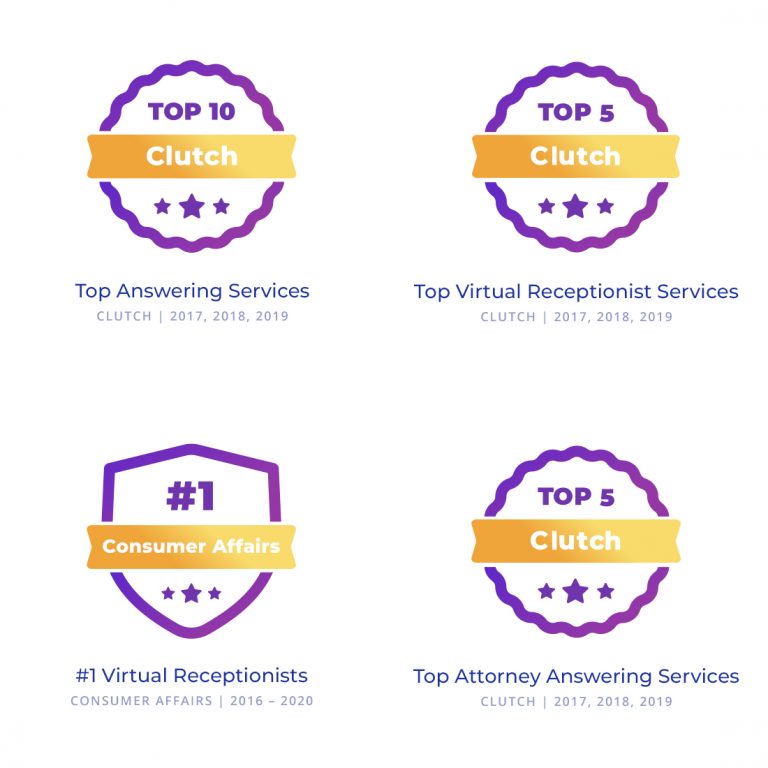
Welcome to the exciting world of real estate, where growth opportunities abound, and success is within reach. Whether you’re a seasoned real estate professional or just starting out, the desire to expand your business and achieve greater heights is a common aspiration.
In this comprehensive guide, we will explore actionable strategies and tips on how to grow your real estate business and position yourself for long-term success.
Trends and Opportunities
Before diving into the strategies, let’s take a moment to understand the current real estate landscape. The industry constantly changes, with new trends presenting opportunities for those willing to adapt. Here are some key insights to keep in mind:
1. Market Trends
Stay informed about market trends, including changes in demand, property values, and buyer preferences. Being mindful of these will be helpful as you make decisions, especially when adjusting the services you offer.
2. Digital Transformation
Real estate has become more digital, with more buyers and sellers going online to search for or sell property. Embrace technology and leverage digital marketing channels to expand your reach.
3. Niche Markets
Consider targeting niche markets to differentiate yourself from the competition. Specializing in specific property types or catering to particular demographics can help you carve out a unique position in the market.
4. Sustainability and Green Practices
With increasing awareness of environmental issues, incorporating sustainable practices into your real estate business can attract environmentally conscious clients and set you apart as an agent who values sustainability.
Setting Clear Business Goals for Growth
To achieve tangible growth, it’s important to set clear and measurable business goals. Here’s how you can do it effectively:
1. Define Your Objectives
Identify your long-term vision and break it down into specific objectives. For example, your goal might be to increase sales by 20% within the next year or expand your client base by targeting a new geographical area.
2. SMART Goals
Ensure your goals are SMART – Specific, Measurable, Achievable, Relevant, and Time-bound. Use this framework to create goals that are clear, actionable, and realistic.
3. Key Performance Indicators (KPIs)
Establish KPIs to track your progress toward your goals. Common real estate KPIs include the number of closed deals, average days on the market, client satisfaction ratings, and lead conversion rates.
Developing an Effective Marketing Strategy
Marketing is a powerful tool for growing your real estate business. Here are some strategies to consider:
1. Online Advertising
Invest in targeted online advertising campaigns to reach potential clients effectively. Platforms like Google Ads and social media advertising can help you reach a broader audience.
2. Social Media Marketing
Build your brand by engaging with clients on popular social media platforms. Create compelling content, share property listings, and interact with your audience to establish trust and credibility.
3. Content Marketing
Create valuable content that educates and informs your audience. Blog posts, videos, and infographics can showcase your expertise and attract potential clients seeking real estate advice.
4. Email Campaigns
Develop an email marketing strategy to nurture leads and connect with past clients. Send regular newsletters, market updates, and personalized offers to keep your real estate services in mind.
5. Branding and Unique Value Proposition
Develop a strong brand identity and a unique value proposition that differentiates you from competitors. Clearly communicate your unique selling points and the value you bring to clients.
Generating Quality Leads for Your Real Estate Business
Lead generation is the lifeblood of any real estate business. Here’s how you can generate quality leads:
1. Referrals
Encourage satisfied clients to refer their friends, family, and colleagues to your services. Offer incentives or rewards for successful referrals to motivate them further.
2. Networking
Attend industry events, join professional associations, and build relationships with other professionals in related fields, such as mortgage brokers and home inspectors. Networking can lead to valuable referrals and partnerships.
3. Online Lead Capture
Optimize your website with lead capture forms to collect contact information from interested visitors. Offer valuable resources, such as free e-books or market reports, for their contact details.
4. Partnerships
Collaborate with complementary businesses, such as interior designers or home staging companies, to create mutually beneficial partnerships. Cross-promote each other’s services to expand your reach.
5. Online Listings and Directories
Ensure your business is listed on popular online directories and real estate platforms. Optimize your listings with accurate information and appealing visuals to attract potential clients.
Enhancing Your Online Presence: SEO and Content Marketing
These days having a strong online presence is vital for almost every business. Here’s how you can enhance it for yours in real estate:
1. Search Engine Optimization (SEO)
Your website can be easier to discover when it is search engine optimized. Conduct keyword research to identify relevant terms potential clients are searching for and incorporate them into your website content.
2. High-Quality Content
Create informative and engaging content that provides value to your target audience. Publish blog posts, videos, and guides that address common questions and concerns of potential clients.
3. Visual Appeal
Invest in professional photography and virtual tours to showcase properties effectively. High-quality visuals can make a significant impact on attracting and engaging potential buyers.
4. User-Friendly Website
Ensure your website is user-friendly and mobile-responsive. A seamless browsing experience and easy navigation will keep visitors on your site longer and increase the likelihood of conversions.
Expanding Your Client Base: Strategies and Best Practices
Just like in other businesses, an effective way to grow yours in real estate is to also grow your client base. Here are some strategies to consider:
1. Target Niche Markets
Identify niche markets that align with your expertise and interests. Whether it’s luxury properties, commercial real estate, or specific demographics, focusing on a niche can help you stand out and attract the right clients.
2. Geographical Expansion
Consider expanding your services to new geographical areas. Research emerging markets, analyze market conditions, and establish a local presence to tap into new client bases.
3. Client Relationships and Referrals
Build long-term relationships with your clients by providing exceptional service and staying in touch even after a transaction is complete. Satisfied clients can become brand ambassadors and refer you to their networks.
Leveraging A.I Assisted Receptionist Services
Technology, particularly Artificial Intelligence, can help streamline business operations and enhance productivity. Here’s how you can leverage them with the help of Abby Connect:
1. Dedicated receptionist team
Never worry about whether your business is running smoothly or not whenever you step out with the help of a dedicated receptionist team using cutting-edge A.I. solutions that help ensure it is business as usual for your real estate company
2. Appointment Scheduling
Never miss opportunities from prospective clients by having virtual real estate receptionists book appointments using a specialized tool that integrates smoothly with Outlook and Google.
3. Customized Client Intake
Pre-qualify potential clients with the help of professionals gathering everything that is needed to best prioritize and assist callers.
4. Voicemail Solutions
Build connections with as many leads as possible even when you don’t have the opportunity to speak with all of them by way of expertly created and targeted voicemail.
Measuring Success and Adapting Strategies
To ensure continuous growth, it’s essential to measure your success and adapt your strategies accordingly. Here’s how:
1. Key Metrics
Pinpoint which key metrics align with your business goals and track them constantly. These metrics could include closed deals, lead conversion rates, client satisfaction scores, and website engagement.
2. Data Analysis
Regularly analyze your data to identify patterns, trends, and areas for improvement. Doing this can help in making informed decisions and adjusting your business strategies.
3. Market Research
Stay updated on market trends, consumer preferences, and competitor strategies. Conduct market research to identify emerging opportunities and adjust your approach accordingly.
4. Customer Feedback
Actively seek feedback from your clients to understand their needs and expectations better. You can get insights through surveys, reviews, and testimonials.
Remember, success requires consistent effort, adaptability, and a commitment to exceptional service. Take action, implement the strategies that resonate with you, and watch your business flourish in the ever-evolving real estate landscape.


